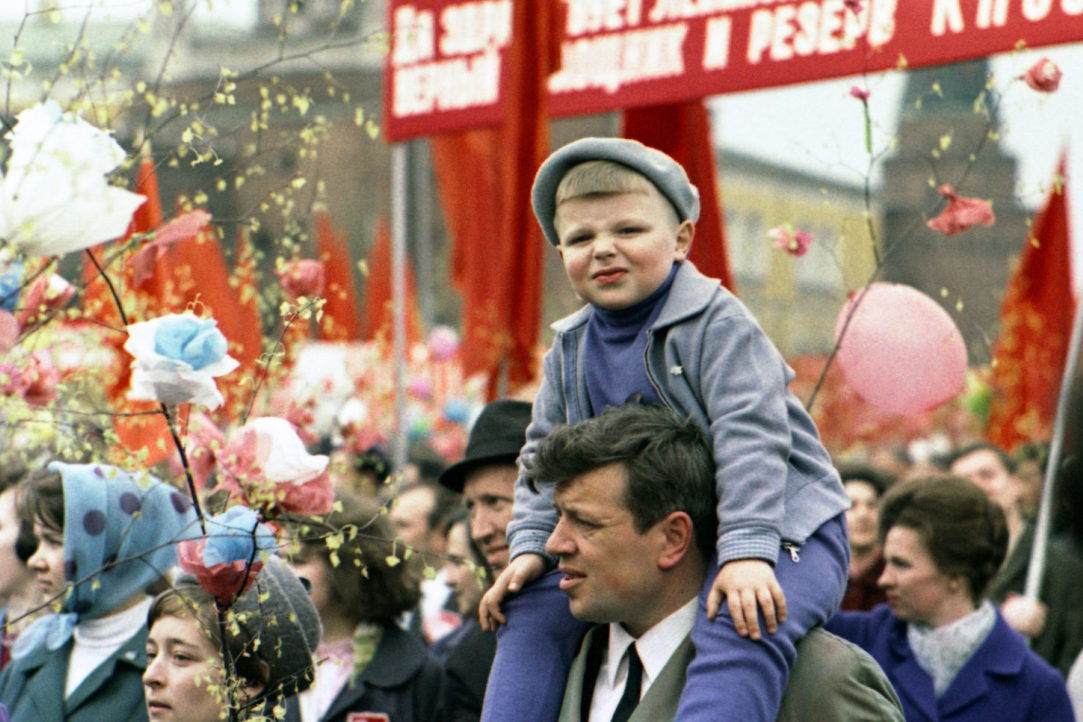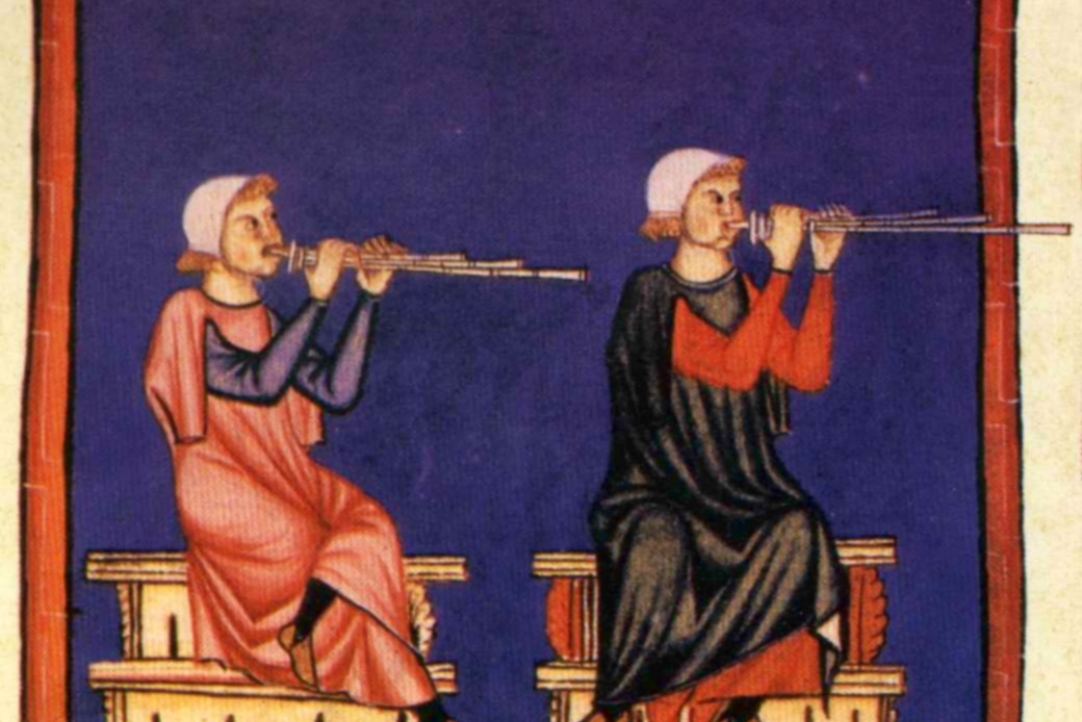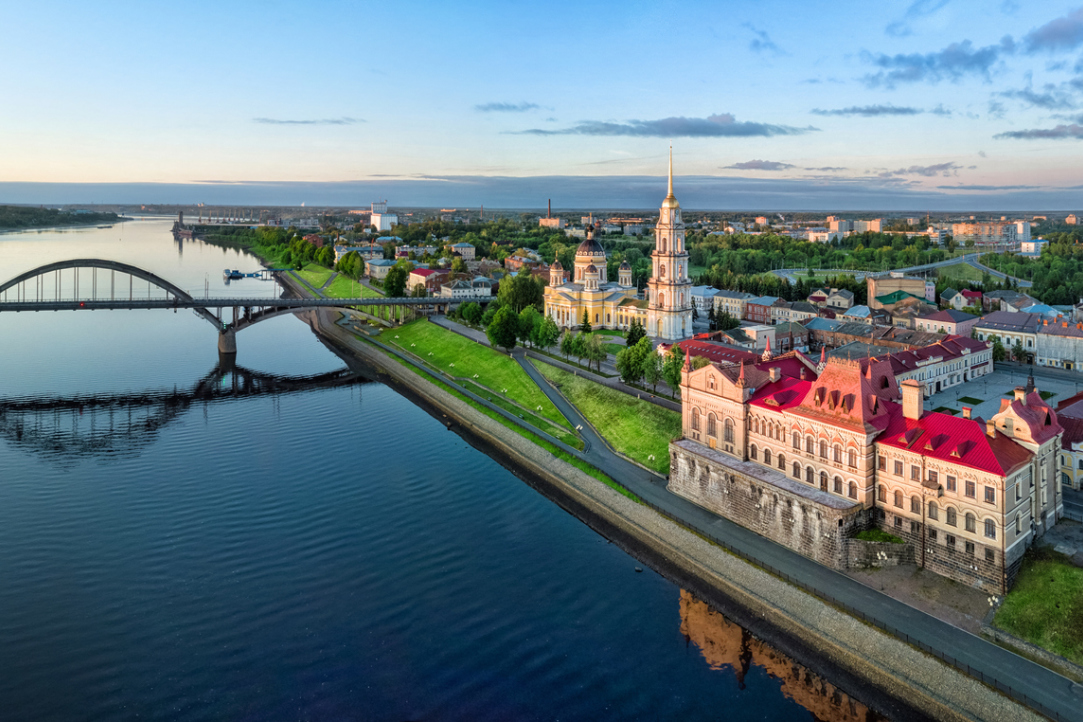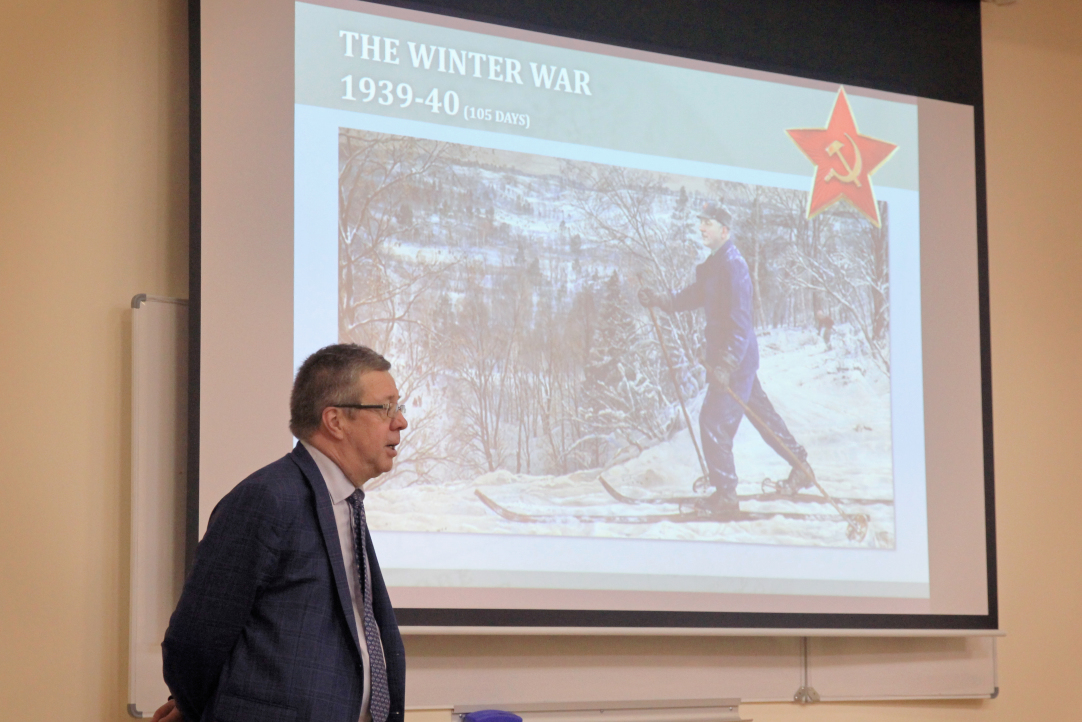
Tag "history"



On November 21-22, HSE International Laboratory for the Study of Russian and European Intellectual Dialogue organized an international conference ‘Memory As a Historical and Cultural Phenomenon: Russia and the West, XX-XXI Centuries’. HSE News Service has talked with one of the conference speakers, Richard Tempest, Associate Professor and Director of Graduate Studies at University of Illinois at Urbana-Champaign, about his vision of historical memory and his research of Solzhenitsyn.

